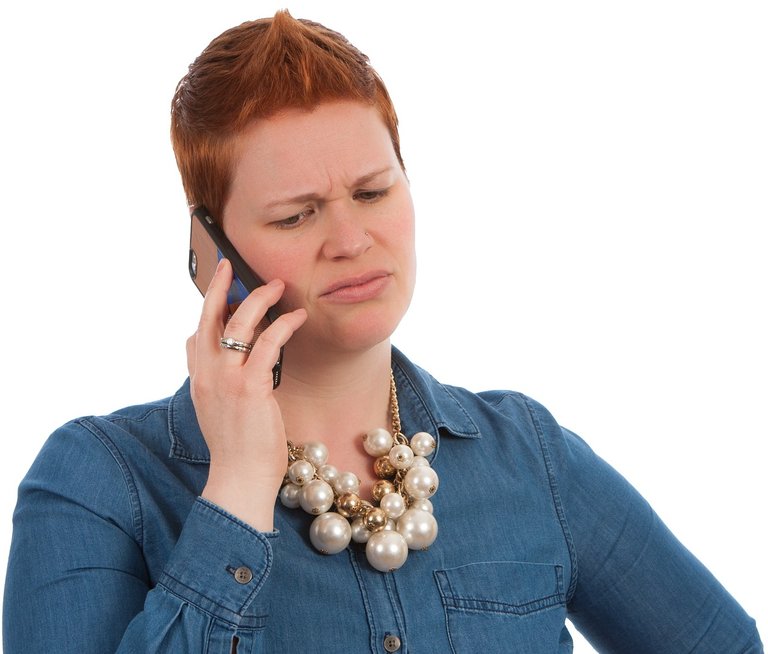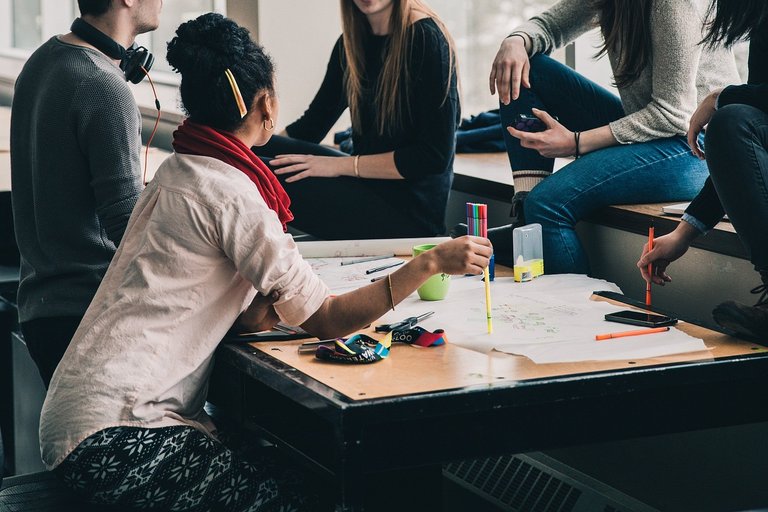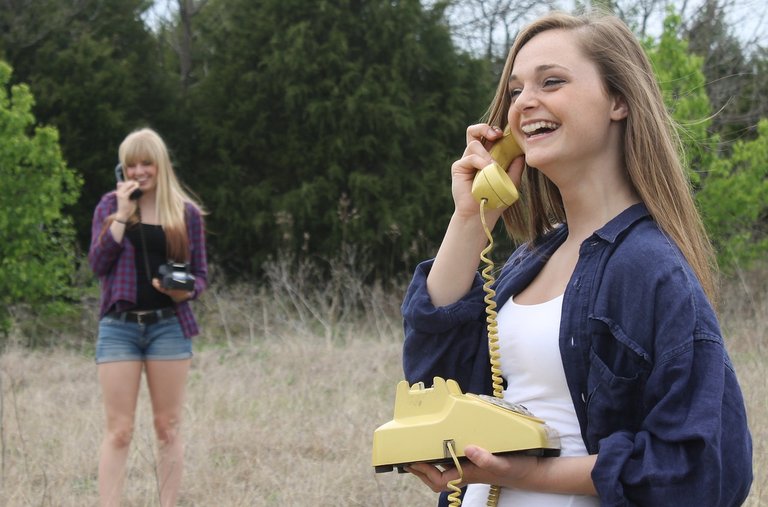How do you feel when you talk to someone, expecting feedback relevant to what you're saying but you get a deafening snub or an unrelated comment, or a silly question in return?
Certainly, I would be pissed, but then I realized that a number of things can get in the way of our communication with people. These include: our emotion, the channel used in communicating, cultural or environmental situation, and even geographical location.
In as much as we interact with people everyday, communication is actually very complex, and at the same time a skill we can learn.
What is Communication?
According to the Oxford English Dictionary, communication is “the imparting or exchanging of information by speaking, writing, or using some other medium.” It is also seen as “the successful conveying or sharing of ideas and feelings.”
From the above definitions, we can see that communication involves people and mediums. Communication between people can be face-to-face (involving two, or more people within a close circle) or a conference meeting of a larger number of people.
Mediums of communication can be verbal or nonverbal such as telephone, radio, text chat, letters, sign or body gestures etc. Therefore a complete communication involves a sender, a message, and the recipient.
What then is effective Communication?
Sometimes, we do not understand what people communicate to us, and we give the wrong or unintended response or feedback. This is why accurate, precise or unambiguous communication can be very hard. Some reasons include:
- Emotional instability. This can put one in a wrong frame of mind causes them to not be able to express themselves clearly.
- Language barrier: The recipient may not really understand the language in which the message is communicated. For instance, a person with low comprehension of English language may be unable to decode the grammar of an highly educated person.
- Poor articulation and body gestures. Knowing what to say but not knowing how to express it can also be a hindrance to effective communication. Also body language that is not in synch with verbal expression may also send the wrong or unintended message.
 .source
.source
Irrespective of the situation or occasion, I believe that an effective communication should:
Be clear and concise for the recipient to decode to avoid misunderstanding. Of course there may be more than one recipient, and two people may read very different meanings into what's being said or the body language involved. However, the message must be clear enough. This means a person should try and understand the audience or recipient.
Expect feedback or reaction so as to detect how the message is being understood and correct any misunderstanding or confusion as quickly as possible. For instance, you want your kids to understand the importance of parking away their toys from the hallway after playing to avoid accidents. You can shout your message on them, or you might want to explain to them using a story. Whichever approach, you will get feedback. They will obey, either reluctantly (reaction to shouting) or willingly (response to the lesson learnt from the story)
Everyday Communication in My Locality
It is quite funny how people communicate in my area. Everyday, you could hear people arguing over a misunderstood question or statement. People usually answer questions with questions where I come from. A simple “Good morning” will receive a brutal “Which morning?” or “Wetin good for this morning?”(what's good about this morning?). But honestly, we're used to it and we understand (hahaha).
I was returning from a trip, some years back, and I was to take another fare back home from the park where the first Taxi dropped me off. On entering the park, I saw people struggling and pushing one another to enter a bus. So I went closer to make inquiries about what was going on. I asked a young man standing by, “Good afternoon bros, why are they fighting over entering this bus, aren't they paying money?” He replies, “Ehen, before nkó, you been wan enter for free?”(was it supposed to be free?). I didn't need to ask any further, I got it.
You would always get a question back for any question you ask or comment you make, especially on the street. Even when talking to someone over the phone or chatting through texts, communication is just funny in my area, but I can say it's sometimes effective because in the absurdity and manner at which people decode a message they still manage to give you a feedback you can clearly decode – everyone seems to understand.
 .source
.source
https://img.inleo.io/DQmco26u8qFw7AtM3fSqpoxgv4MtMo8HLapxBoots9s5NJo/women-8832535_1280.webp .source
Tips For Effective Communication
As earlier noted, accurate, effective and unambiguous communication can be very hard, especially in this part of the world where most of the people you might come across may not be in the right frame of mind or mood. However, it can be learned. Here are a few tips:
Mind your mood: Make sure you are in the right mood for communication. You don't want to be misunderstood, or given the wrong response.
Smile: You could easily endear people's hearts, as well as their attention when you smile at them, but don't overdo it.
Give a honest and quick compliment: You can say, “ Good morning Sir/Ma, I like your shoes, where did you get them?” This is a good way to start your communication.
Maintain eye contact: But don't stare too much or too hard. Maintaining eye contact shows you are serious and want to be understood and given a good feedback.
Wait for their response: It would be considered rude to interrupt people and throw questions at them or heap up information on them without giving them space to breathe. After smiling, greeting and compliment, you should let them return your greetings and gestures too, before going on with what you got to say.
Learn to use the words “Please” or phrases such as “If you don't mind”, “Would you be kind..”: These are polite and cultured words to use when making a request. “If you don't mind, can you repeat what you said, I didn't get you?” “..Would you be kind to put me in the know..?”
Communicate as situation requires: What I mean is, avoid sounding too formal in an informal situation and vice versa. Don't speak English grammar when you are trying to communicate with someone who doesn't really understand the English language. You might want to ask them first, “Do you speak my dialect (mention it)?” or “Do you understand pidgin?” This is to ensure that everyone is at ease for communication.
Be patient and attentive: Not everyone can communicate effectively, so you got to be patient with people and pay attention as they communicate so don't misunderstand them too.
Don't forget to say “Thank you”: At any point in the communication, if your question is answered, or a useful information or idea is given you should thank them for it. It's a noble thing to do.
Communication is an inevitable part of everyday life. While effective communication may be difficult sometimes, we can get better at it, as we learn useful tips.
Posted Using InLeo Alpha
Posted Using InLeo Alpha


